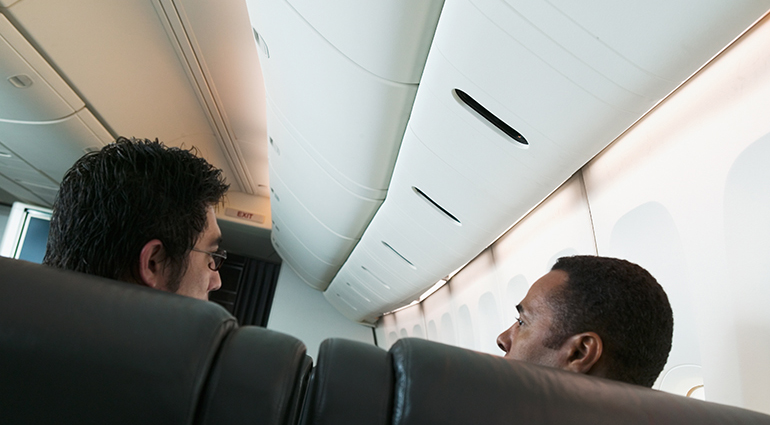Faith, Love, and Hope
We always thank God for all of you. 1 Thessalonians 1:2
For ten years, my Aunt Kathy cared for her father (my grandfather) in her home. She cooked and cleaned for him when he was independent, and then took on the role of nurse when his health declined.
Her service is one modern example of the words of Paul who wrote to the Thessalonians that he thanked God for “your work produced by faith, your labor prompted by love, and your endurance inspired by hope in our Lord Jesus Christ” (1 Thessalonians 1:3).
My aunt served in faith and love. Her daily, consistent care was the result of her belief that God called her to this important work. Her labor was borne out of love for God and her father.
She also endured in hope. My grandfather was a very kind man, but it was difficult to watch him decline. She gave up time with family and friends, and limited travel to care for him. She was able to endure because of the hope that God would strengthen her each day, along with the hope of heaven that awaited my grandfather.
Whether it is caring for a relative, helping a neighbor, or volunteering your time, be encouraged as you do the work God has called you to do. Your labor can be a powerful testimony of faith, hope, and love.
INSIGHT
The Thessalonian church was a “model” church known for her “faith in God” (1 Thessalonians 1:7–8). The church was commended for her “faithful work, [her] loving deeds, and . . . enduring hope” (v. 3
Is your life characterized by faithful work, loving deeds, and enduring hope?











